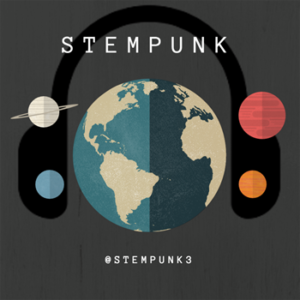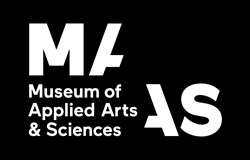When: Tuesday 13th November, 4:00pm – 5:30pm
Where: L2, Level 2 to the left of the registration/foyer area, down the hallway and through the doors on the right
Hashtag: #T15
So you’ve been in science communication for a while, and wondering what to do next. This session is a group brainstorm of career directions, opportunities and inspirations.
Where are the influential jobs? What are the big challenges developing for sci com? Should I go freelance? Can I make enough money from sci comm to have a secure future!?
Everyone’s answers will be different, but hopefully you will make connections and get inspiration to get you on the right path for you.
Session Producer, Workshop Facilitator
Dr Phil Dooley, Galactic Commander, Phil Up On Science and ASC National co-vice-president
Attendees
Anna Attard, Research Assistant and Masters Student, University of New South Wales
Anne-Sophie Dielen, The Australian National University
Dr Astha Singh, Vice President | ASC NSW, ASC
Bobby Cerini, Questacon – The National Science and Technology Centre
Broderick Matthews, A/g National Programs Manager, Questacon
Caleb McElrea, University of Melbourne
Catharina Vendl, University of New South Wales
Dr Catherine Dorey, Consultant, Fish & Fisheries | Science Communication | Campaign Strategy
Catherine Healy, Science Communication Advisor, Environment Protection Authority Victoria
Catherine Somerville, Doherty Institute
Emma Saville, EPA Victoria
Errol Hunt, FLEET: ARC Centre of Excellence
Jane Ilsley, Econnect Communication
Jasmine Fellows, CSIRO
Jen Martin, Educator and radio personality, The University of Melbourne
Jessica Heinemann, Centre for Biopharmaceutical Innovation – UQ
Jun-Ting Yeung, University of Melbourne
Kimberly Cullen, Managing Director, Crafting Astronomy Communication
Laura McCaughey, UTS
Lee Byrne, Victorian Comprehensive Cancer Centre
Matt Nurse, Masters degree candidate, CPAS, Australian National University
Meagan Vella, NPWS
Melina Gillespie, Communication Advisor, CSIRO Energy
Micaela Jemison, Science Communicator, Smithsonian Institution
Michael Helman, Communicatrium
Michelle Neil, Australian Citizen Science Association
Michelle Riedlinger, Associate Professor, University of Fraser Valley, Canada
Naomi Koh Belic, University of Technology Sydney
Nicole Fetchet, Questacon – The National Science and Technology Centre
Rachel Rayner, Science Communicator, Australian Volunteers Program
Rebecca Blackburn
Richard Chi, Sydney Observatory – MAAS
Ruth Redfern, CRDC
Sally Grosvenor, CDPC, University of Sydney
Sarah Buchan, The Mullion Group
Sheryn Pitman, Programme Manager Inspiring South Australia, South Australian Museum
Susan Rauch, Lecturer, professional writing (science and technology), Massey University, School of English and Media Studies
Tom Rayner, Griffith University
Taryn Laubenstein, ARC Centre of Excellence for Coral Reef Studies
Dr Tsuey Cham, Communication & Stakeholder Manager, CSIRO GISERA
Tyrone Anderson, ASPIRE – UNSW
Vanessa Fuchs, The Royal Botanic Garden Sydney
